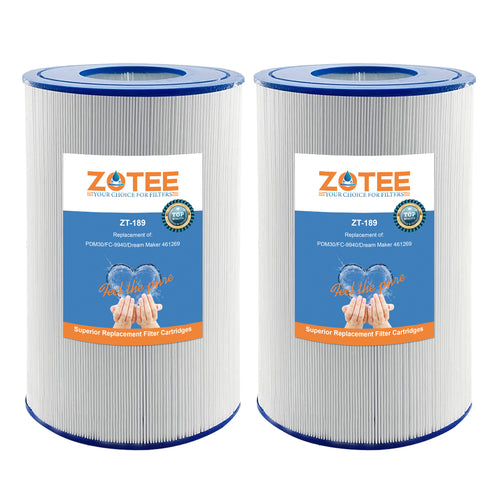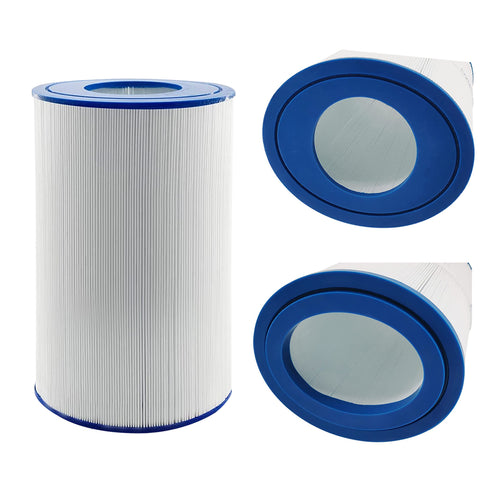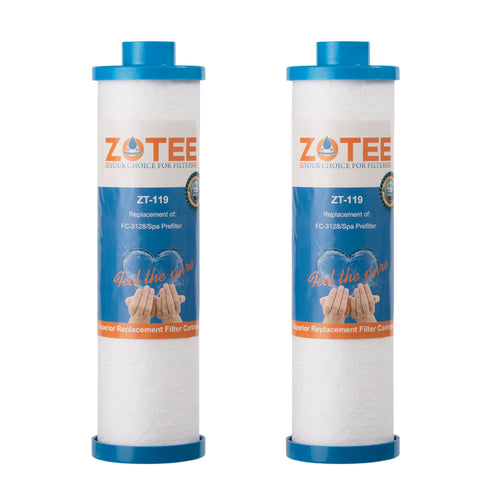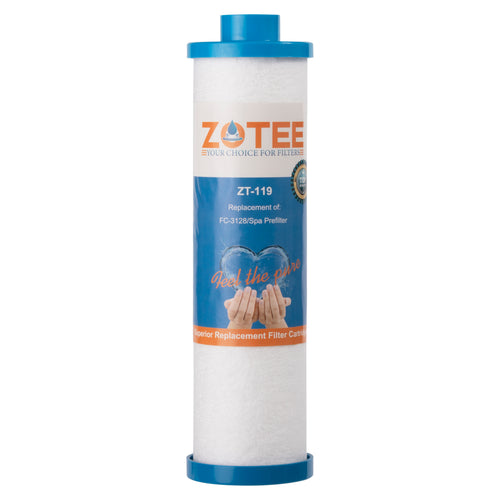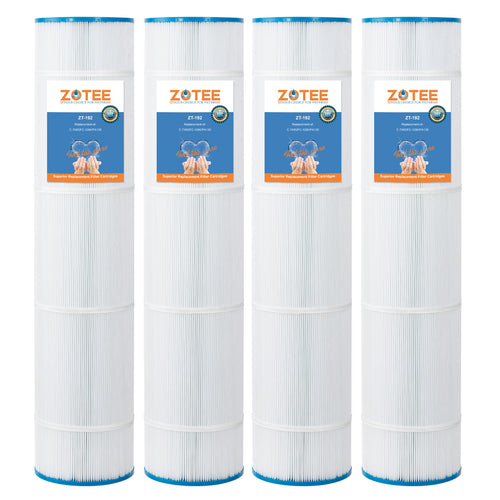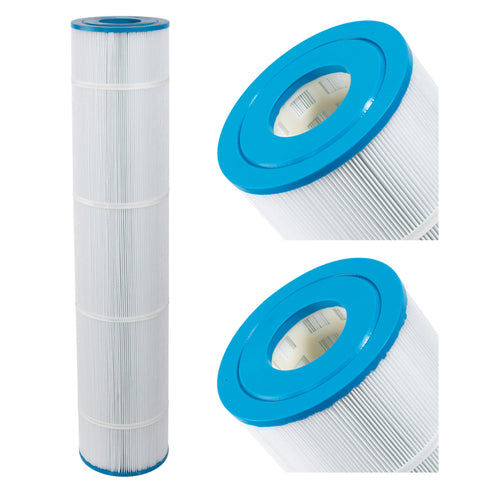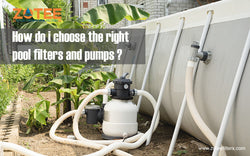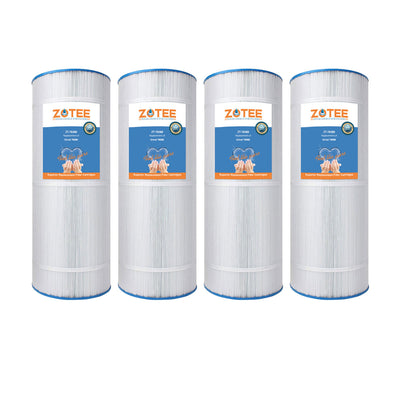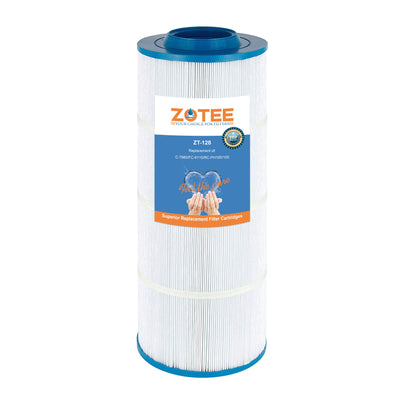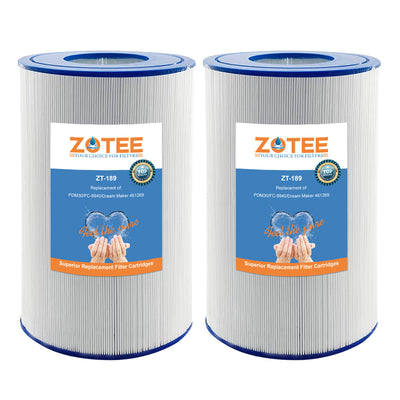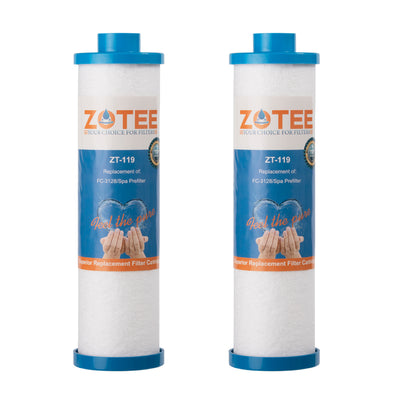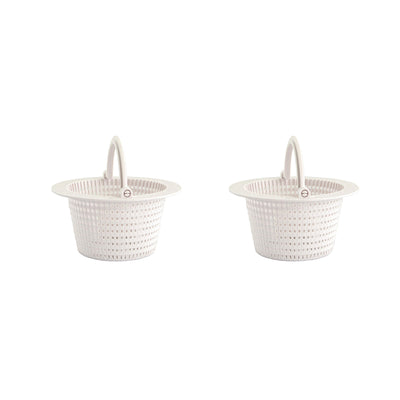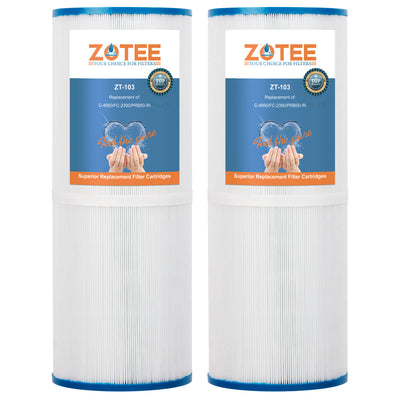How do i choose the right pool filters and pumps?

Choosing the right pool filters and pumps for your swimming pool is crucial for maintaining clean, clear water and ensuring the overall health of your pool environment. Here are some factors to consider when making your selection:
1. Pool Size and Shape
- Volume: The size of your pool will determine the flow rate needed for your pump. Larger pools require higher flow rates.
- Shape: Some pumps may work better with certain pool shapes due to the layout of the plumbing and the circulation pattern.
2. Pump Selection


- Flow Rate: Measured in gallons per minute (GPM), this should match the pool's circulation needs. A general rule is to have a turnover rate of 8-10 times per day.
- Motor Size: Consider the horsepower (HP) needed for your pool size. Smaller pools may require less HP, while larger pools and those with more complex plumbing may need more.
- Energy Efficiency: Look for pumps with high efficiency to save on electricity costs. Variable speed pumps are often the most energy-efficient.
- Noise Level: If the pump is located near living areas, consider a quieter model.
- Maintenance: Some pumps are easier to maintain than others. Look for models with easy access to the impeller and strainer.
3. Filter Selection

- Filter Type: Common types include sand, cartridge, and diatomaceous earth (DE) filters. Each has its pros and cons.
- Sand Filters: Inexpensive and easy to maintain, but may not filter as finely as other types.
- Cartridge Filters: Provide excellent water clarity and are low maintenance, but can be more expensive.
- DE Filters: Offer high filtration efficiency but require more maintenance and the use of DE powder.
- Filter Size: Ensure the filter is sized correctly for your pool. An undersized filter won't clean the pool effectively, while an oversized filter can waste energy.
- Flow Rate: The filter should match the flow rate of your pump.
- Pressure Gauge: A filter with a pressure gauge can help you monitor its performance and know when it needs cleaning.
4. System Compatibility
- Ensure that the pump and filter are compatible with your pool's plumbing and other equipment, such as heaters and sanitizing systems.

5. Budget
- Consider the initial cost as well as ongoing costs like electricity and maintenance when choosing your pump and filter.
6. Manufacturer's Recommendations
- Follow the manufacturer's recommendations for your specific pool model, as they may have specific requirements for pump and filter sizes.
7. Professional Advice
- Consult with a pool professional or the retailer to get personalized advice based on your pool's specific needs.
8. Reviews and Ratings
- Look at customer reviews and product ratings to see how well the pump and filter perform in real-world conditions.
By considering these factors, you can choose the right pool filters and pumps that will keep your pool water clean and healthy while also being energy-efficient and cost-effective.

